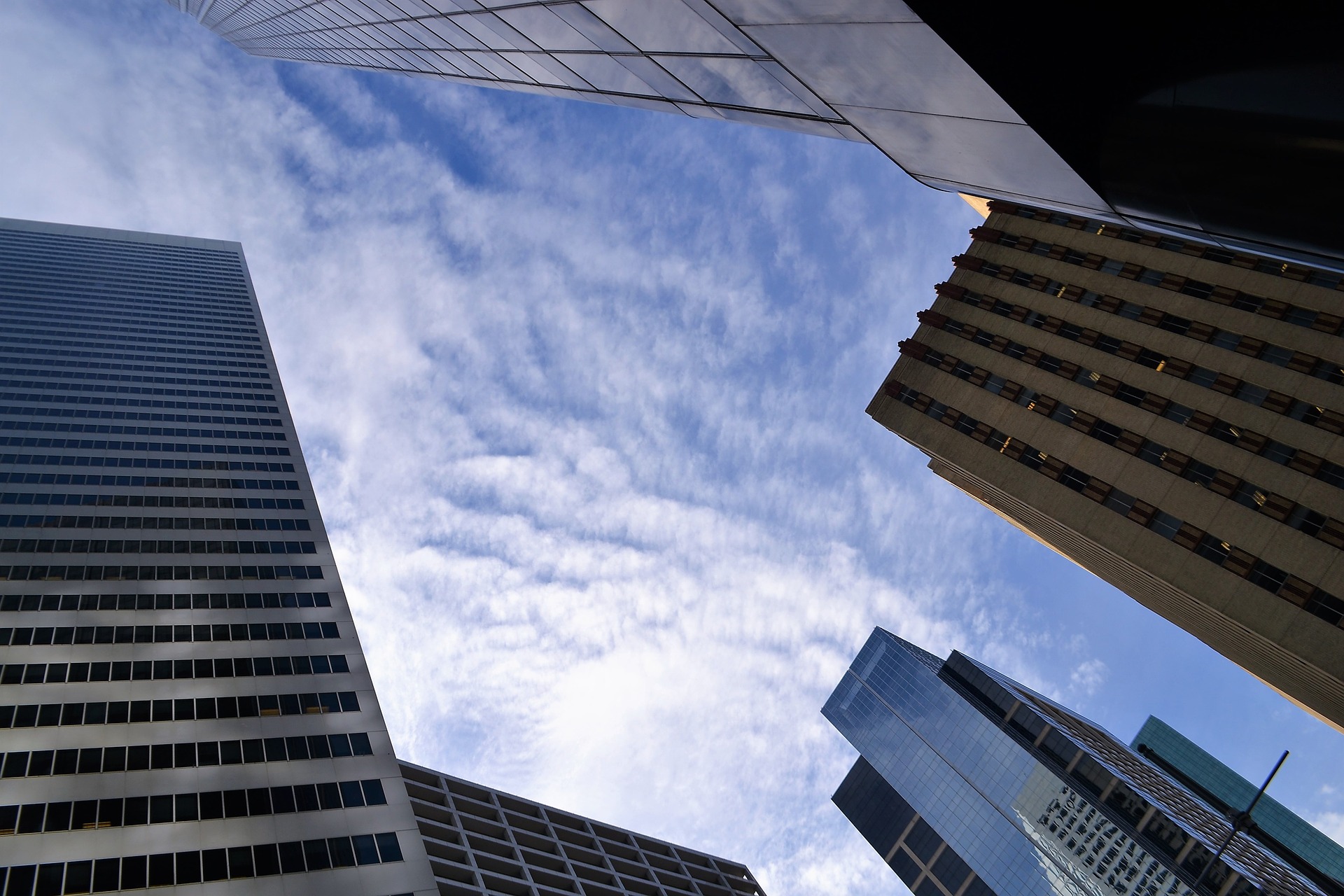It is never easy to make predictions, even when things are normal. But when the entire planet is facing extreme turbulence from Covid, trying to predict future trends is even more difficult. However, what we can predict with relative certainty is that the Covid-19 pandemic will leave a mark on practically all aspects of our lives. And real estate is no exception. Still, history has proven many times before that after the darkness comes light. After the turmoil, we can expect a period of great expansion, economically speaking.
So, let’s assume that the recovery from the damages that the pandemic has brought will be full of potential, as we consider commercial real estate trends to watch post-Covid.
One of the most significant trends is that commercial real estate has begun its journey to recovery. Now, let’s look at what else we can expect.
Return to the office
It’s indisputable that working from home has its challenges. Those who have left their offices and resorted to remote work can have trouble balancing their work and private life. There is also the issue of isolation and fatigue due to the feeling that work never stops. However, the advantages, in many cases, outweigh the difficulties. And working from home looks set to continue as people learn how to separate work from family life by implementing home offices and setting boundaries. But as the immunization process progresses, we will begin to see more staff returning to offices, or at least hybrid working from both the office and home.
Space-sharing will grow in popularity
Space-sharing involves multiple tenants in one rental property, and as a concept, it is nothing new. Before the pandemic struck, specific businesses made space-sharing arrangements. For example, dentists and optometrists shared one facility and expensive medical equipment, thus reducing costs. And cost-reduction in such a way may be one of the commercial real estate trends to watch post-Covid. Businesses arrange so that one provider uses the offices on particular days or during specific hours, while the other one works the rest of the time. So long as the landlord approves such arrangements, businesses can decide how they will share the premises.
Furthermore, there is a benefit to this kind of office sharing. It provides a company to conquer another market while reducing the costs of doing so considerably. It is an excellent way to introduce your company to the European market and do so highly cost-effectively. So, if expansion to the new market is your goal, you could explore this opportunity and save substantial amounts of money on office rental. And there will be much better ways to use the funds you save to grow your business.
The open concept design may become a thing of history
Before the pandemic, office design promoted more social interaction and allowed for more direct collaboration among co-workers. One large open-plan office where everyone works together, huge communal areas, canteens, coffee bars, even pool and ping-pong tables were standard features of a modern office. It was an excellent way to engage employees and make them feel happy at work. Now, however, we may begin to see a change in the opposite direction. The health concerns due to the coronavirus pandemic dictate the rethinking of this design.
There will be more inequality
There has always been inequality. It’s all around us, affecting human existence in every possible way. And the business world is no different. So, the recovery from the devastation caused by Covid-19 will favor particular industries while neglecting others. Thus, we can expect large corporations and huge retail chains to profit and grow even more while local shops, cafes, and restaurants may struggle or shut down. Similarly, the tech industry will soar, while blue-collar professions will suffer.

Mom-and-pop shops will suffer the most, and small shop spaces will see unprecedented vacancies.
If we translate this into commercial real estate terms, we will see another one of commercial real estate trends to watch post-Covid. There will be more and more vacant small shop rentals.
What affects commercial real estate
The health of the economy is one predominant factor that influences the value of real estate. Employment data, GDP, inflation, manufacturing activities, mortgage rates, interest rates, etc., are all relevant indicators of a country’s economic health. So, if the economy is not doing well, the real estate sector may also suffer.
However, different types of real estate may perform differently during economic turmoil. For instance, it’s understandable that revenues from the hospitality sector were affected much more than from other types of offices. What is more, commercial property turnover in Germany increased despite the pandemic. So, it all depends on the health of every country’s economy.
So, to make more accurate predictions regarding commercial real estate in the post-pandemic world, it is necessary to look at each country’s economic well-being. Only then will we know how things will progress. And this is essential information for any foreign investor looking to invest in the European commercial real estate market.
The bottom line
It is necessary once again to underline that making predictions about anything is a tricky business. When we talk about commercial real estate trends to watch post-Covid, we can only assume with relative certainty how the sector will change. As for the revenues generated from the industry, a more in-depth analysis of the economic conditions is in order.



